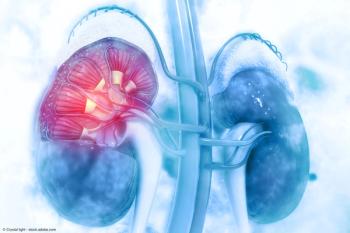
A post hoc analysis from the phase 3 CLEAR trial showed that frontline lenvatinib plus pembrolizumab elicited improved tumor response vs sunitinib across subgroups of patients with clear cell renal cell carcinoma.

A post hoc analysis from the phase 3 CLEAR trial showed that frontline lenvatinib plus pembrolizumab elicited improved tumor response vs sunitinib across subgroups of patients with clear cell renal cell carcinoma.
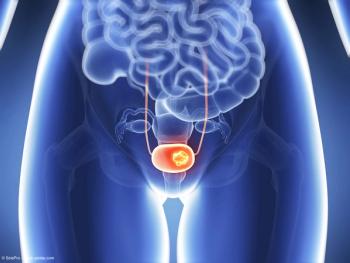
“This is the first time [in urothelial carcinoma] we've managed to beat chemotherapy in the first-line setting for overall survival,” said Thomas B. Powles, MBBS, MRCP, MD.

Frontline therapy with nivolumab plus gemcitabine-cisplatin, followed by nivolumab maintenance, led to improved overall and progress-free survival in patients with unresectable or metastatic urothelial carcinoma.
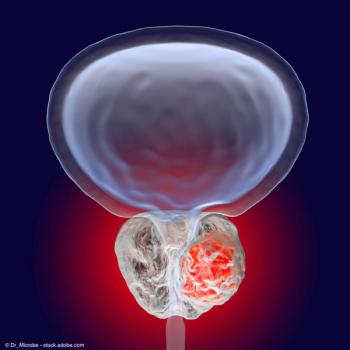
Adding niraparib to abiraterone acetate and prednisone (AAP) was associated with an overall survival benefit compared with AAP alone in patients with BRCA1/2-mutated metastatic castration-resistant prostate cancer.

“Belzutifan demonstrated a significant improvement in PFS with a hazard ratio of .75, and a significant P value. Similar findings were noted at the second interim analysis with a hazard ratio of .74,” says Laurence Albiges, MD, PhD.

“Future studies should focus on patient selection and the identification of positive predictive markers of response, more so than treating all comers, which several studies have shown has not really worked here or they acknowledge it,” says Julie N. Graff, MD.
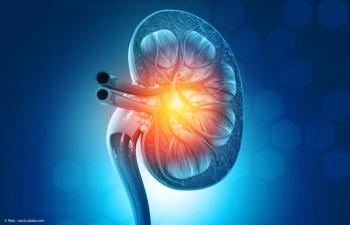
“Belzutifan plus cabozantinib continue to show durable anti-tumor activity in patients with clear cell RCC who are treatment naïve or previously treated,” said Toni K. Choueiri, MD.
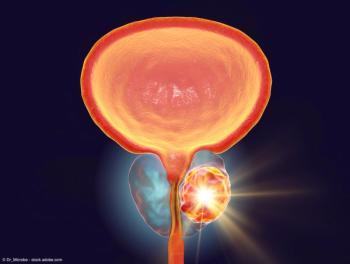
Data from the study showed a median PSA-PFS of 13 months with the combination therapy compared with 7.8 months with enzalutamide alone.

The phase 3 PRESTO trial had 3 arms: ADT alone; ADT plus apalutamide; and ADT plus apalutamide plus abiraterone/prednisone.

“These data do suggest that [enfortumab vedotin-ejfv (Padcev) and pembrolizumab (Keytruda)] is a viable treatment option for cisplatin-ineligible patients,” says Jonathan E. Rosenberg, MD.
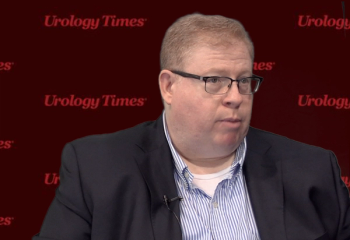
“There were no serious skin events that occurred on this study, which I think is a credit to the study team that worked with the investigators to manage the manage the toxicity and prevent serious skin reactions,” says Jonathan E. Rosenberg, MD.

"When the blood tests were positive, workups were typically completed in less than 3 months. I think this is really a new concept. It shows it is feasible to detect cancers using blood tests," said Deb Schrag, MD, MPH.

“Responses occurred across all International mRCC Database Consortium risk groups—both in the favorable and intermediate/poor risk groups,” said Jamie R. Merchan, MD.

The patient had previously received 6 lines of chemotherapy treatment and was still in an ongoing complete response at the time of the study analysis.
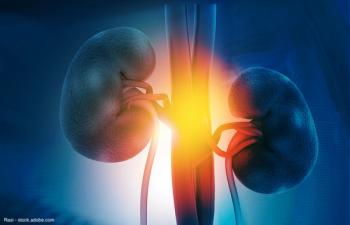
Data showed that nivolumab followed by nivolumab/ipilimumab resulted in an overall response rate of 34%.
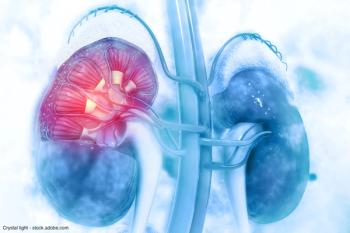
The results of the study are particularly encouraging given the high unmet need for patients with non–clear cell renal cell carcinoma, according to lead investigator Laurence Albiges, MD, PhD.

The findings are from the EV-103 trial and were presented at the 2022 ESMO Congress by lead investigator Jonathan E. Rosenberg, MD.

“The study was stopped for futility after the second prespecified interim analysis based on guidance from the external data monitoring committee,” said Evan Y. Yu, MD.

The combination use of cabozantinib plus nivolumab and ipilimumab reduced the risk for disease progression by 27% in patients with previously untreated advanced renal cell carcinoma.

Treatment with radiotherapy and 2 years of ADT may improve outcomes for men following radical prostatectomy, helping patients and physicians make an evidence-based choice.

The findings also showed, however, that the further addition of abiraterone acetate and prednisone to the apalutamide/ADT regimen did not significantly boost clinical outcomes.

“Updated results [from the] second interim analysis were consistent with the results from [the first analysis] and showed a continuing trend toward an OS benefit in the ITT population," said Fred Saad, MD, FRCS.
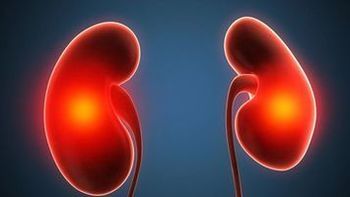
“These data clearly show that the efficacy benefit observed at the primary analysis was robust and maintained with longer follow-up, once again supporting lenvatinib and pembrolizumab as a standard of care in first-line advanced RCC,” said Camillo G. Porta, MD.

The exploratory analysis may have showcased the benefit of testing for tertiary lymphoid structures.
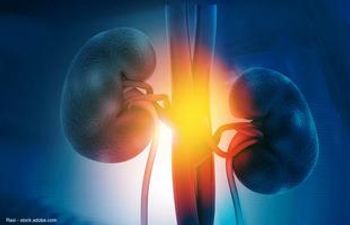
Although the phase 3 CheckMate 914 trial missed its primary end point of improved DFS, the rate of treatment discontinuation may have played a role in the results, according to Robert J. Motzer, MD.
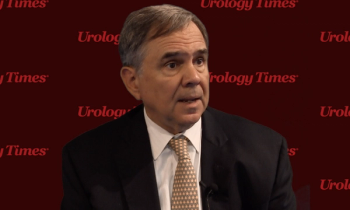
Daniel P. Petrylak, MD, discusses results of a post-hoc analysis of the phase 3 ARCHES trial examining outcomes with enzalutamide/ADT treatment intensification in patients with mHSPC and prior ADT based on patients’ baseline PSA level.

The double-blind phase 3 IMmotion010 trial randomized patients with resected renal cell carcinoma at increased risk of recurrence to adjuvant atezolizumab or placebo.

“Further analysis of patient subsets with this unique trial should help inform future research,” said lead investigator Mohamad Allaf, MD.

The addition of pembrolizumab has the potential to improve upon standard care with abiraterone acetate plus prednisone in men with metastatic castration-resistant prostate cancer.

In this interview, Michael Schweizer, MD, highlights a study of olaparib plus bipolar androgen therapy in patients with metastatic castration-resistant prostate cancer.